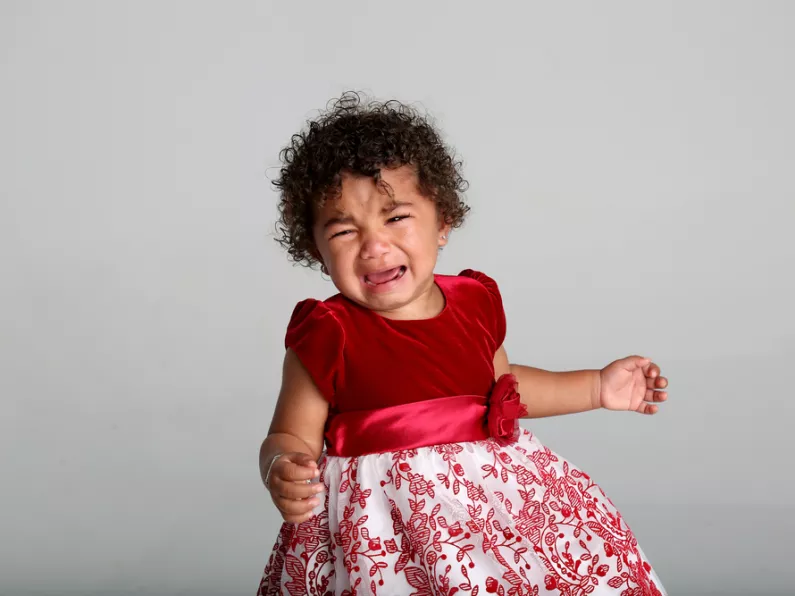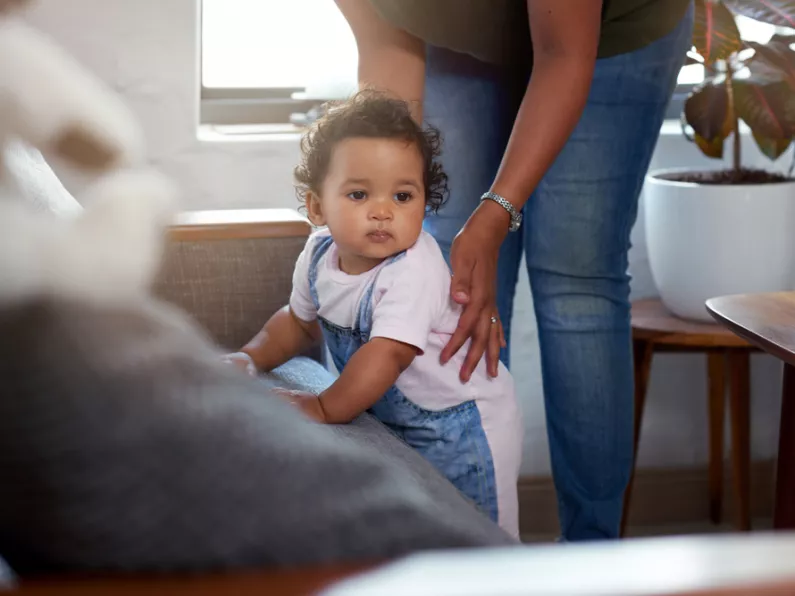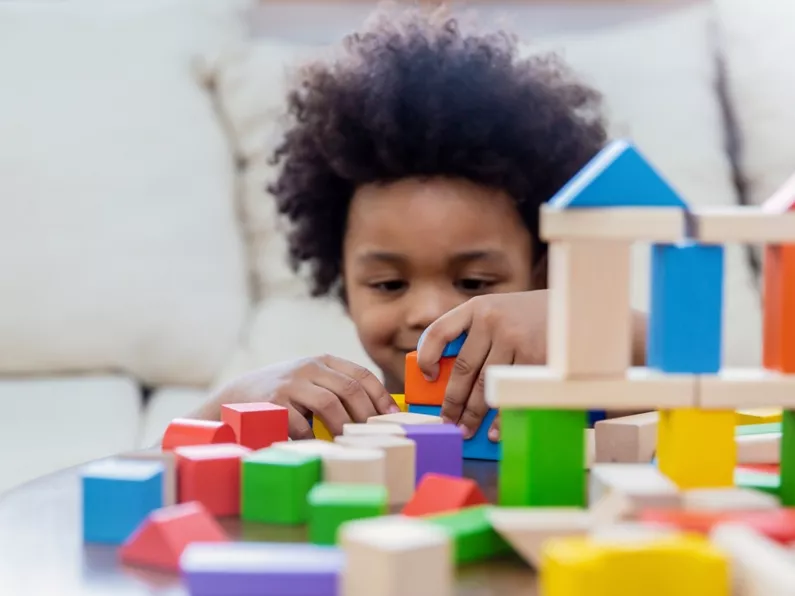Toddlers and pre-schoolers can be nightmares, let's not sugarcoat it! That's why you might need our 10 tips to prevent aggressive toddler behaviour.
At least once a day you'll look at your screaming child rolling around on the floor and lashing out and wonder where your angelic little baby went.
There's a lot of rapid change and development happening inside your toddler's tiny body and they simply don't have the emotional maturity or self-control to express their anger peacefully.
And that can lead to tantrums, and even hitting or biting in frustration.
If you're currently going through this, rest assured that occasional outbursts are normal - especially during temper tantrums.
10 tips to prevent aggressive toddler behaviour
But here are 10 tips to help prevent aggressive toddler behaviour.
- Teach the house rules: Children don't know the rules of the house until they're taught them, so that is one of your important parenting responsibilities. Whenever children break an important rule, they should be reprimanded immediately to understand exactly what they have done wrong.
- Don't threaten: It is always more effective to positively reinforce desired behaviours and to teach children alternative behaviours rather than just say, "Stop it or else." Tell them that the next time they are angry, they should use their words instead.
- Use healthy distractions: While teaching your child other ways to respond, there's also nothing wrong with distracting them at times, as long as you're not "bribing" them to behave.
- Don't blame the child: Toddlers have little natural self-control so they need you to teach them not to kick, hit, or bite when they are angry.
- Keep a safe distance: Supervise your child carefully when they're involved in disputes with playmates. If a disagreement is minor, keep your distance and let the children solve it on their own. However, you must intervene when children get into a physical fight that continues even after they're told to stop, or when one child seems to be in an uncontrollable rage and is assaulting the other. Make it clear that it doesn't matter who "started it." There is no excuse for trying to hurt each other.
- Discourage fighting: Teach your child to say "no", to walk away, or to find compromises instead of fighting.
- Credit where credit is due: Praise your child for appropriate behaviour.
- Use time-outs: Time-outs can be effective in children as young as one.
- Control your own temper: Always watch your own behaviour around your child. One of the best ways to teach appropriate behaviour is to act appropriately.
- Stay strong: If you must discipline your child, do not feel guilty about it and certainly don't apologize. If your child senses your mixed feelings, they'll convince themselves that they were in the right all along.
When to call your pediatrician
If your child seems unusually aggressive for longer than a few weeks, and you can't cope on your own, consult your pediatrician.
The most important warning sign is the frequency of outbursts.







